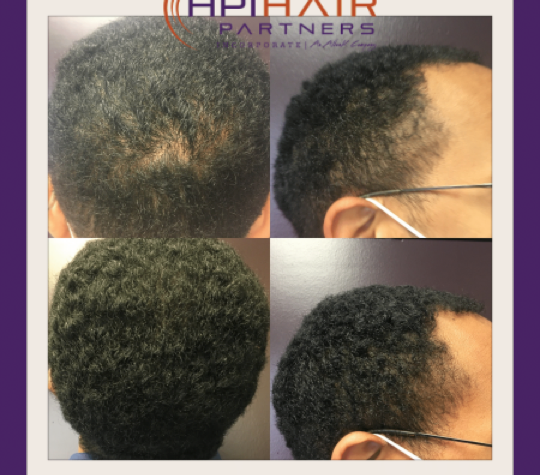For many, hair loss is more than just a cosmetic inconvenience; it’s a puzzle that demands solving, carrying both emotional weight and reflections of one’s health. With a tapestry of potential causes, each strand of lost hair could be a clue leading to one of the numerous underlying conditions affecting millions worldwide. While there are myriad reasons one might experience hair loss, three predominant factors frequently emerge at the core of this issue. Whether it’s a matter of genetics or an indicator of an autoimmune disorder, the journey to uncovering the source of hair thinning requires careful consideration and often, a multidisciplinary approach.
In the intricate dance of bodily functions where each player performs a critical role, hair health can be a telling sign of a broader narrative unfolding within. From the silent whispers of genetic codes to the overt signs of autoimmune battles, understanding the nuances of hair loss is a step towards not only aesthetic restoration but also holistic well-being. As we delve into the common causes of hair loss, it becomes evident that a personalized diagnosis is not just beneficial but necessary for effective treatment and recovery.
Genetic Factors:
- Genetics is a common thread in hair loss for both men and women, often manifesting as a receding hairline, thinning at the temples, or loss at the crown. To determine if genetics plays a part, a DNA test or a specialized analysis such as the TrichoTest™ may be necessary. This test can provide insights into your genetic predisposition to hair loss and help tailor a personalized treatment plan.
Scalp Conditions:
- Scalp diseases such as eczema and psoriasis are not just skin-deep issues; they can also cause hair to thin. A careful examination of the scalp and a consultation with a hair loss specialist or dermatologist are essential steps for an accurate diagnosis. Since conditions like psoriasis can be autoimmune in nature, early treatment is vital to prevent the potential development of additional autoimmune disorders.
Underlying Health Conditions:
- A comprehensive lab test is a gateway to uncovering hidden health issues that may contribute to hair loss. Many people overlook these tests, but they are instrumental in detecting deficiencies in vital nutrients like iron, ferritin, and vitamin D, all of which are crucial for hair growth and follicle health. These nutrients need to be at optimal levels, as even normal ranges on the lower end may not suffice to prevent hair loss. In cases of severe deficiency, particularly with vitamin D, more intensive treatments like IV infusions or high-dose supplements might be prescribed before transitioning to a maintenance regimen.
Traction Alopecia (stress hair loss):
- This form of hair loss stems from constant stress on hair strands, whether from habitual twirling or pulling or from hairstyles that tightly pull the hair like ponytails, braids, or weaves. Recognizing and addressing traction alopecia early is critical since prolonged tension can lead to irreversible damage to hair follicles.
Armed with an understanding of these factors, it’s imperative to transition from awareness to action. A tailored approach, grounded in thorough diagnostic work, ensures that the hair treatment plan addresses the specific needs of each individual. From precise DNA testing to comprehensive blood panels that assess thyroid function and nutritional levels, the tools at our disposal can illuminate the path to identifying the root cause of your hair loss.
If you find yourself among the many grappling with hair loss, remember that you are not alone, and solutions are within reach. We encourage you to seek expert advice and take a proactive stance on your hair health. At HPIHair Partners, our dedicated hair loss specialists, equipped with the latest in diagnostic technology and treatment methods, stand ready to assist you in your journey towards hair restoration and holistic health.
Don’t let uncertainty dictate your hair’s future. Contact HPIHair Partners today, and let us guide you through a personalized path to hair recovery and well-being.
Dermascopy view of the scalp. Left image is before micro needling treatment. Right image shows the new hair growth after 6 professional micro needling sessions.
If you are experiencing any of the causes listed above or are concerned about your hair, contact HPIHair Partners today to meet with a Trichologist. HPIHairPartners.com, 615-662-8722 or [email protected]
Kimberly Vaughn, Advanced Trichologist, Hair Loss Coach and Certified Nutritional Coach – www.hpihairpartners.com














